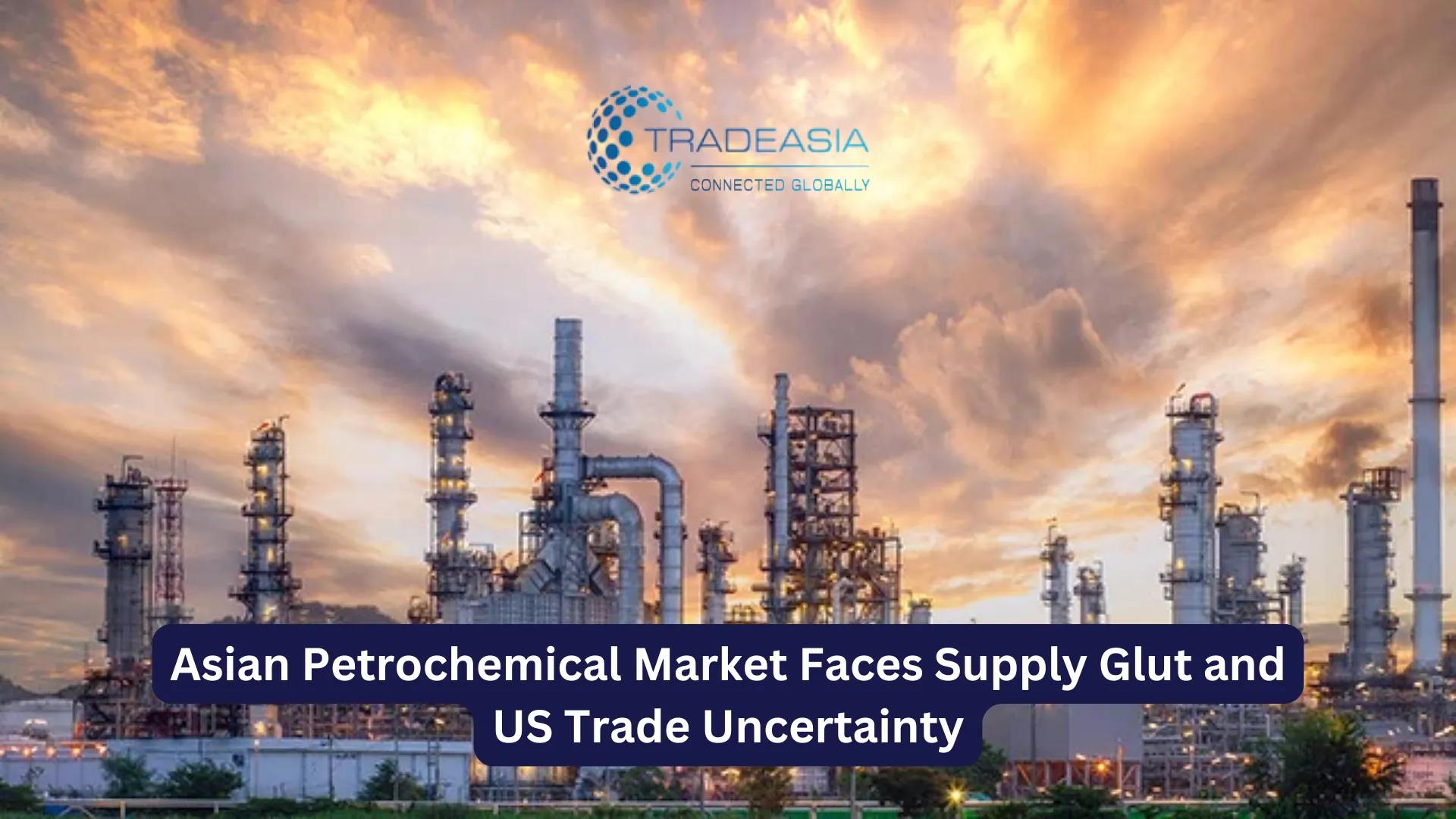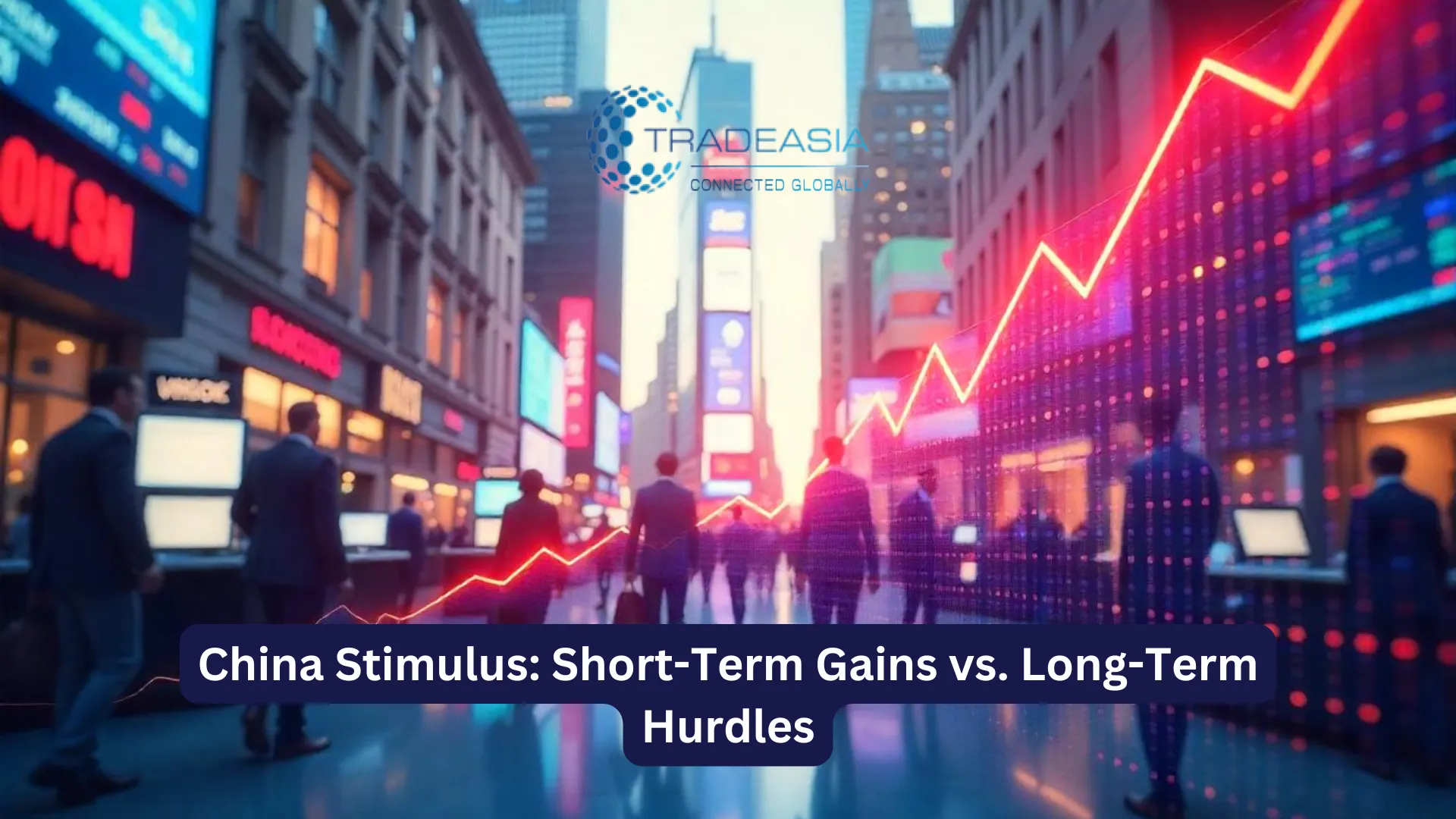Recently, a discussion with an industry contact brought up the view that “there is nothing new under the sun”—the current downturn in the petrochemical industry is just another cycle. According to them, all we need to do is wait, and the boom will return. However, reality seems to suggest otherwise.
The End of a Unique Supercycle
Historical data reveals that the period from 1992 to 2021, known as the "Chemicals Supercycle," was an extraordinary era of rapid demand growth, primarily driven by China. Rapid globalization, favorable demographics in China and the West, and a debt-fueled property and infrastructure boom in China created conditions that are unlikely to be repeated. At that time, climate-related disruptions were limited, and sustainability pressures on the petrochemical industry were far less intense than they are today.
Now, climate change and the plastic waste crisis are driving significant shifts, while consumption growth has slowed far below expectations. Waiting for a recovery similar to the past does not seem to be a viable strategy.
Trade Wars and New Challenges
The petrochemical industry is now facing more complex market dynamics. Trade wars and the trend toward regionalization are reshaping chemical trade flows. It’s not just the tariffs imposed during the Trump administration that matter—China, with its weakening domestic economy, continues to push exports of products like PTA, phenol, styrene, and PVC, and could soon become a net exporter of polypropylene (PP). In response, global antidumping measures have surged, as seen in 2024.
China’s exports of finished goods—heavily reliant on chemicals and polymers—are also putting pressure on manufacturing in Southeast Asia, Europe, and other regions. Protectionist policies targeting these finished goods could impact upstream petrochemical plants, pricing patterns, and even the risk of facility closures. This presents a major challenge for industry players to continuously adapt.
Climate Change and Migration Impact
Climate change is no longer a distant threat—its effects are already being felt. In Nomad Century by Gaia Vince, it is estimated that billions of people will migrate from tropical regions to the north due to extreme heat and rising sea levels by 2050. Southern Vietnam, home to 37% of the country’s population, is predicted to be submerged.
These changes will shift petrochemical demand patterns: consumption will move northward, depending on immigration policies and the purchasing power of migrants. The demand for chemicals will also transform. Urbanization in the north may reduce the need for plastic packaging films for long-distance food transport, while increasing demand for solar panels, PET bottles, and temporary housing materials. This opens up opportunities for the industry to realign its product offerings with emerging market needs.
AI: Transforming the Future of Petrochemicals
Artificial intelligence (AI) is not just a passing trend—it is becoming a crucial tool shaping the future of the petrochemical industry. AI supports climate adaptation, from flood defense to drought management, while also improving demand forecasting accuracy amid migration and trade shifts. AI-driven innovations in materials science enable the development of new polymers for extreme climate conditions, while carbon emissions monitoring and recycling become more efficient. For the industry, adopting AI could be key to meeting increasingly stringent sustainability regulations.
Time to Rethink
Still convinced this is just another downturn that will recover on its own? The petrochemical industry is undergoing a major transformation, not just another boom-and-bust cycle. Adapting to climate change, shifting trade dynamics, and emerging technologies like AI is crucial. Industry players who fail to move forward risk being left behind in this new era. For further information on how to get involved or learn more about the report's findings, contact Tradeasia International for insights and support.
Inspired by : ICIS News with Title "A different kind of downturn: why this cycle won't simply right itself"


Leave a Comment